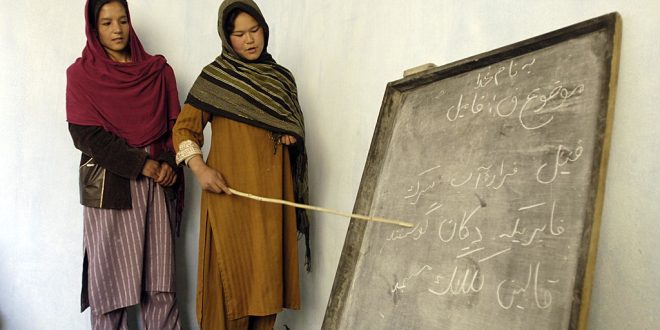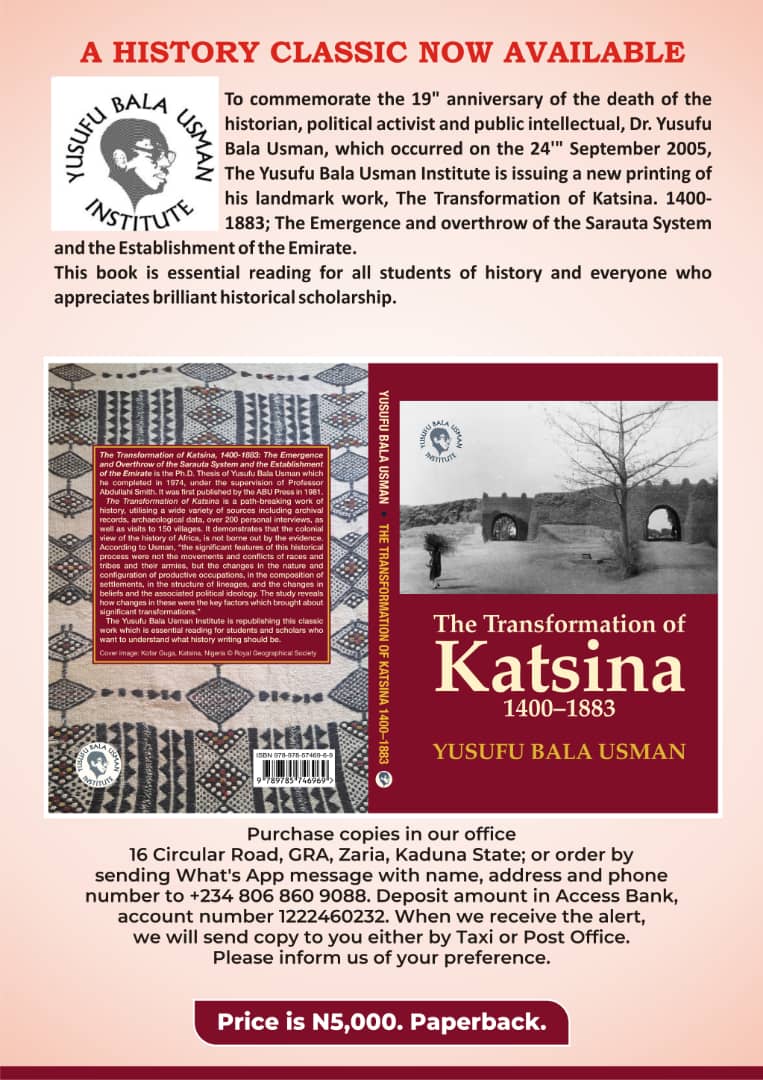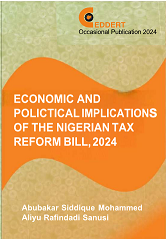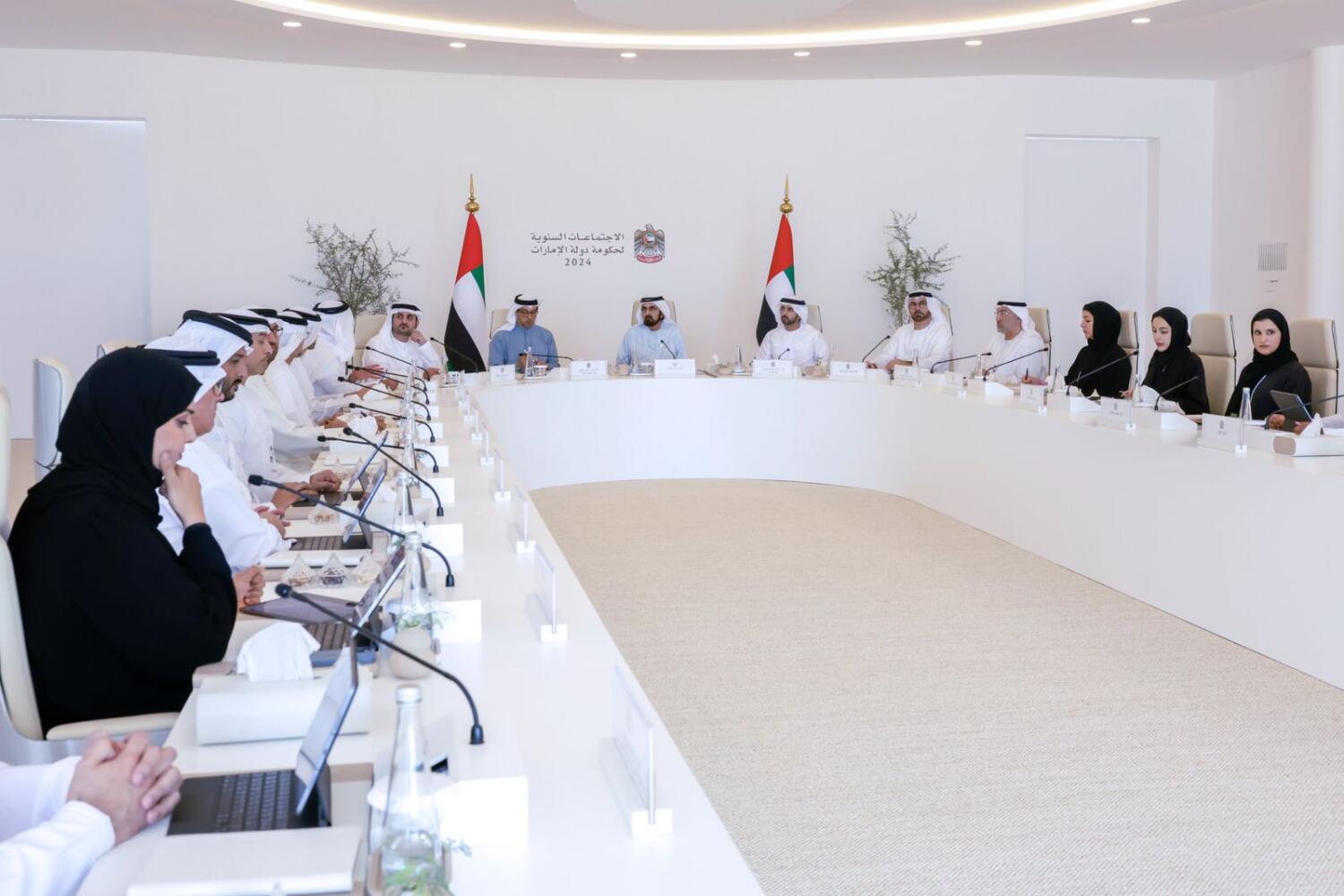Political turmoil in Afghanistan deepens female illiteracy crisis

- Sulaiman Umar
- 17 Sep, 2023
- 818
KABUL – Amid the escalating humanitarian crisis in Afghanistan, particularly affecting women and young mothers, women’s rights advocates have highlighted the detrimental impact of recent political turmoil and repressive Taliban policies. They contend that these developments have not only pushed the country back by decades but have also had a profound negative effect on female literacy rates.
Maryam Maroof Arvin, the leader of the Saffron Sunday movement and a prominent human rights activist, underscored the critical role of primary education for women. She emphasized that providing women with access to primary education is vital, as it significantly influences their personal growth and decision-making abilities.
In many regions of traditional Afghan society, Maryam noted that women’s education has not been a priority. She stressed that the primary factors contributing to the lack of education for women over the past two decades include security concerns, economic challenges, and deeply entrenched cultural values.
Maryam emphasized that political factors have played a significant role in determining the status of women in Afghanistan. She called for fundamental changes to address female illiteracy and to bring about a comprehensive shift in the country’s mindset and governance.
Samia Haqju, another women’s rights activist, added that education has the power to positively transform an individual’s thinking and behavior. Importantly, she stated that education enables women to become aware of their rights and actively participate in society.Top of Form.
Culled from Afghanistan Times





